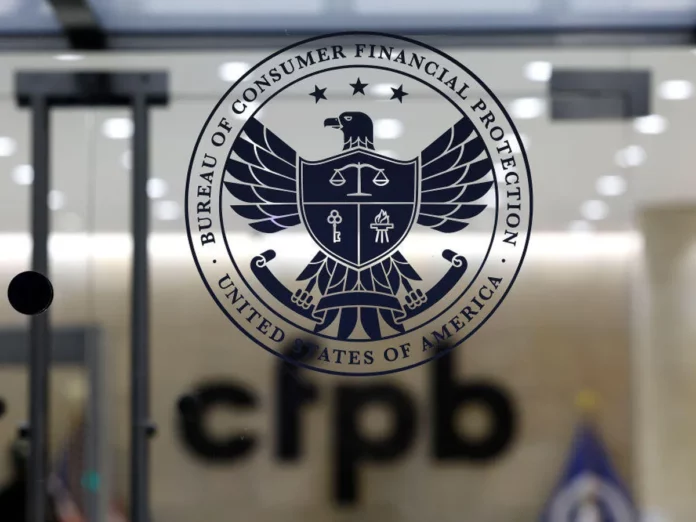Acting Director of the Consumer Financial Protection Bureau (CFPB), Russell Vought, announced today the agency’s decision to withdraw dozens of interpretive rules, policy statements, and other guidance documents dating back to 2011. This action follows a comprehensive review commissioned by Vought last month to assess past CFPB guidance for potential overreach, undue burdens, or improper interpretations of regulations.
The draft notice, which is set to be published in the Federal Register on Monday, identifies nearly 70 guidance documents slated for retraction. While the notice indicates that some documents may be spared pending further review, Vought emphasized that the CFPB will no longer enforce or rely on them for the time being.
In the draft notice, Vought explained, “Much of the CFPB guidance has adopted interpretations inconsistent with the statutory text and imposed compliance burdens on regulated entities that were outside the scope of notice-and-comment rulemaking.” He further clarified that the Bureau’s current policy is to limit the issuance of guidance to only those situations where it is essential and where it reduces rather than increases compliance burdens.
Two-thirds of the documents listed for withdrawal were issued during the Biden administration, covering areas such as credit card protections for “buy now, pay later” loans, medical debt collection practices, earned wage access app disclosures, and states’ shared enforcement authority under the Dodd-Frank Act. Some of these policies have already been challenged by industry groups in court, including the buy now, pay later and medical debt guidance.
Additionally, the retracted documents include several early CFPB policies that set the agency’s approach to disclosing consumer complaint information, raising questions about the future operation of its online complaint database.
This move is part of Vought’s broader efforts to streamline the CFPB’s operations, reduce unnecessary regulatory burdens, and ensure that agency guidance is clear, consistent, and in line with the law.



